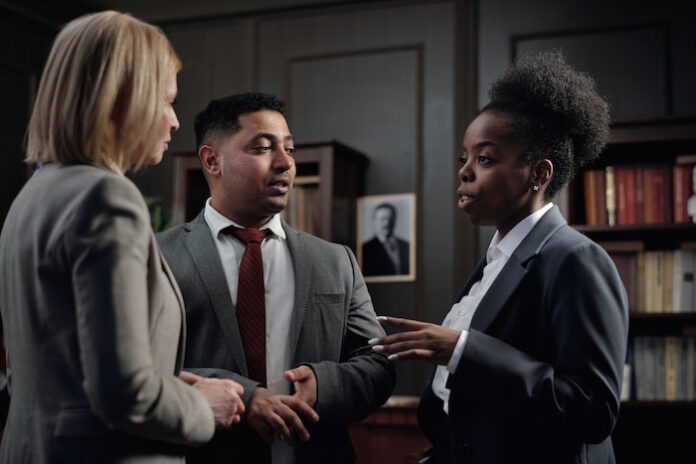Presenting a case in court to prosecute an individual means that you have to find sufficient convincing evidence of wrongdoing. Many times, it is not about what happened, but what the two opposing sides can prove. Traffic and DUI criminal prosecutions are no exception — the case shall only go forward if there is a strong basis of misconduct based on empirical and circumstantial evidence. Attorneys representing the defendant and victim must do their best to serve their clients. The heart of the prosecutor, however, is to serve the interests of the public, and the case must be pursued with dignified intentions.
Attorney-at-law Brady Allen is an experienced professional specializing in traffic and DUI cases among many others. Hailing from Illinois, his many years of handling both sides of prosecution and defense in the state gives him expert insights on what it takes to make a case go forward. In this post, Brady Allen will further share the role of an attorney on traffic and DUI matters, plus other considerations that one must keep in mind when pressing for charges.
Investigative phase
During the investigative phase, an attorney is active to collect and review sufficient evidence. Aside from gathering information on police reports, they are also responsible for investigating past crimes of the defendant, collecting third-party evidence, as well as spearheading search warrants to get a stronger hold to win the case.
In the case of traffic and DUI crimes, the strongest evidence an attorney can find is video footage of the actual event. Dashboard cams and government, as well as private CCTVs, can help to form a strong case against the accused. Attorney Brady Allen often recalls in his experience that clear video footage can sometimes provide a piece of conclusive evidence leading to a justified criminal verdict.
If an intentional crime is done within a traffic scenario, such as homicide or murder, there is also evidence that can be collected in the investigative phase. These can include DNA, weapons used, material debris, and other physical evidence of the intentionally committed crime.
Charging the crime
One thing that the public should understand about crimes is that a single incident can implicate a person in multiple crimes. The prosecutor decides which charges are worth pursuing. The most important thing to note when selecting crimes to be charged are those supported by a “probable cause”.
The role of client attorneys during hearings is to present the evidence gathered, question witnesses, and object to the statements by the other party. In the case of traffic and DUI crimes, the prosecutor has the role of hearing both ends, while making the following considerations.
Finding evidence that proves “beyond a reasonable doubt”:
There must be overwhelming proof that the defendant has committed or not committed the crime based on what is presented by both parties.
The amount of damage caused by the offense:
The damage that was done by the accused, when proven guilty, should be equal to the verdict given based on the state jurisdictions.
Motivations of victims and witnesses:
Prosecutors must also be sensitive to know the possible motives of victims and witnesses, and what they can get out of charging the accused. Understanding this can also help commute the sentence or dismiss the case if the victim or witness motives are malicious.
Understanding the circumstances and evidence
An example of these considerations in play is a defendant who was charged with hit and run. Upon presenting the case to the prosecutor, video evidence showed that the victim intentionally caused an accident to frame the defendant. Witness accounts and relations also proved a history of financial extortions from other individuals in various counties. When these are all reviewed in court, the accusations can be overturned, which overwhelmingly supports the defendant rather than the supposed ‘victim’. This is why it is important for all attorneys in a case to review all the evidence, especially the prosecutor, in order to pursue justice and serve the greater good of the public.
Negotiating a plea
Many traffic and DUI crimes are unintentional. Thus, negotiating a plea to commute the accused sentence is a common occurrence. Brady Allen states that defendants who plead guilty to unintentional traffic and DUI crimes with overwhelming evidence can have a lighter sentence due to unforeseen events.
For attorneys serving clients, it is all about a balancing act. If they can present more evidence that will help in their client’s case rather than pleading guilty to lighten a sentence, they may do so while calculating the risks. All attorneys involved in the case will work to serve the interests of their client, while the prosecutor decides if whether the plea deal is justified.
The Attorney’s Scope of Practice: An Invaluable Role
A client’s success whether as the accused or the victim is largely dependent on how an attorney works on their case. Attorney-at-law Brady Allen presents these different aspects of prosecution in traffic and DUI crimes to show how much those in the legal profession work tirelessly to bring justice for those who deserve it.
Find a Home-Based Business to Start-Up >>> Hundreds of Business Listings.

















































